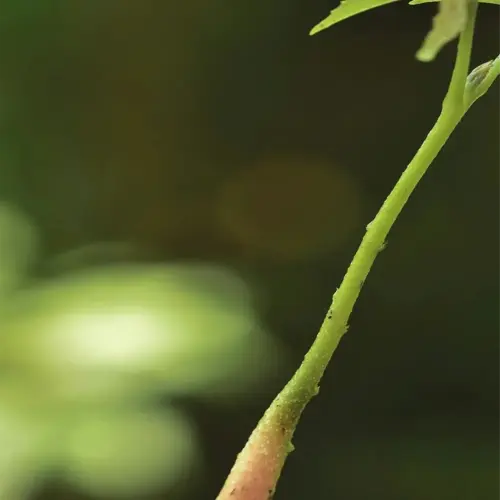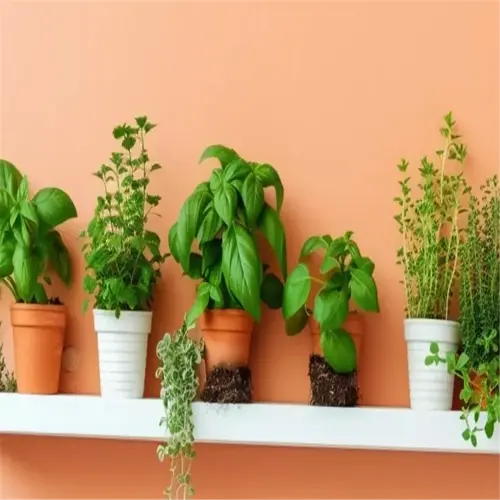Is it safe to plant cuttings directly in soil?

Written by
Tina Carter
Reviewed by
Prof. Charles Hartman, Ph.D.Planting cuttings straight into soil is a valid approach if you can recreate nature's environment, and I have successfully rooted rosemary and mint cuttings this way consistently for many years. Success begins with sterile soil - I use topsoil from my garden that I bake in the oven at 200°F (93°C) 30 minutes. I suggest that you also include perlite with the soil as it will help drainage. For cuttings, roots require as much oxygen as they do moisture.
Prep & Plant
- Dip stems in rooting hormone gel for faster growth
- Use chopsticks to create pre-sized holes in soil
- Firm soil around cuttings to eliminate air pockets
Humidity Management
- Cover pots with clear plastic bags or domes
- Open vents daily to prevent mold
- Remove covers after 14 days or when new leaves form
More cuttings die from overwatering than drought. Water again when the top inch of soil is dry. My first basil batch drowned because I confused soggy soil for "tropical humidity". Use a moisture meter or a finger test to check soil moisture. Yellow leaves usually indicate rot, not thirst.
Common Issues
- Wilting: Increase humidity temporarily
- No roots after 6 weeks: Check node placement
- Mold: Reduce moisture, apply cinnamon powder
Transplant Tips
- Wait for 3+ inch roots before moving
- Harden off plants over 7 days
- Use diluted fertilizer after 30 days
Distributing cuttings that have roots will build gardening communities. For example, my book club exchanges spider plant and pothos plants for propagation each month. We do not propagate patented hybrids because it's illegal. You can identify patented plants by looking for a ® after the actual species name on the nursery tag. Sustainability in gardening is built on a foundation of knowledge and a spirit of sharing.
Read the full article: The Complete Guide to Grow From Cuttings Successfully

